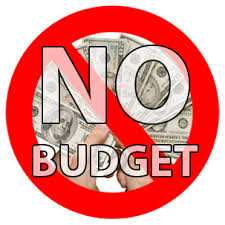 There’s a new term going around among economy experts. “Unretirement.” It has to do with Americans who have reached ordinary retirement age, but haven’t retired.
There’s a new term going around among economy experts. “Unretirement.” It has to do with Americans who have reached ordinary retirement age, but haven’t retired.
Chris Farrell of MarketPlace thinks it’s a good thing that will help in the country’s recovery from the recession that began in 2008. Not only does prolonged working benefit the “unretiree” but it is a boon to younger workers, he argues. Farrell even wrote a book about the phenomenon, titled “Unretirement.”
Geoffrey Norman of the Wall Street Journal is another who thinks working longer can have significant benefits. Too often, fresh retirees find there is too much time, too little money to support the retirement dream, he said.
One benefit of working past normal retirement is that Social Security pays more. The annual benefit increases by 8 percent for each year beyond age 65 until the beneficiary reaches 70.
Advocates of the longer work period also argue that there are health benefits, both physical and mental, for the “unretirees.” The majority (62 percent) of those who follow that path say they are motivated by a desire to stay mentally engaged, according to the research group Merrill Lynch and Age Wave, as reported in the Washington Post.
There is criticism from some younger workers who say the unemployment rate is affected when older folks don’t retire. But Farrell says that when older people are getting jobs, it stands to reason that younger people are too. “We’re all in it together. The pie will continue to grow.”
People who continue to work beyond normal retirement keep contributing to the FICA pool that supports Social Security and help keep the system running, he noted.
The Baby Boom phenomenon will have run its course by 2030, when all the Boomers will have reached 65. The huge bulge of retirees will taper off and a more gradual retirement wave be achieved, Farrell believes.
Not everyone agrees. A writer for the Financial Advisor says that “the retirement of massive numbers of Baby Boomers over the next decade or so will put a drag on the U.S. economy. The number of young people coming into the work place is going down at the same time, which will add to the effect.
Farrell remains optimistic. “We are on the verge of a broad, positive transformation of our economy and society,” he proclaims, partly due to the fact that many Americans are working longer.



